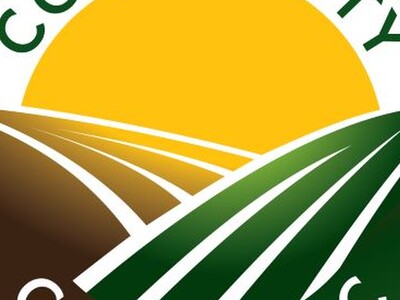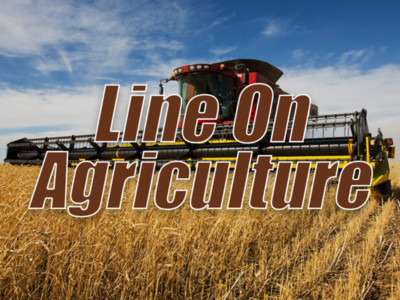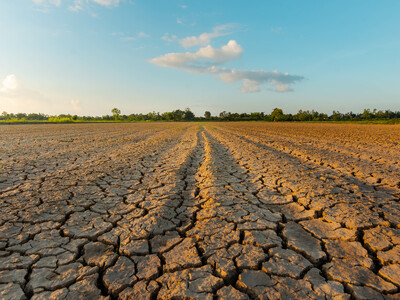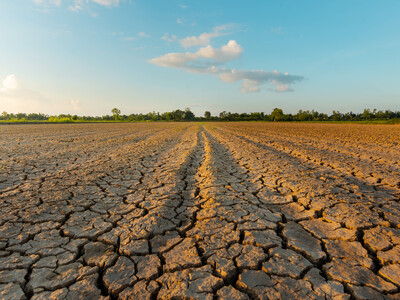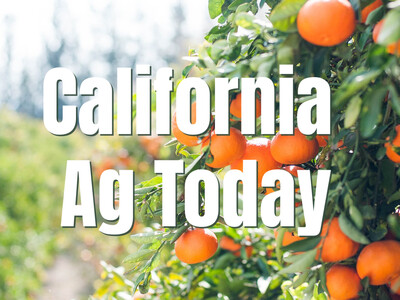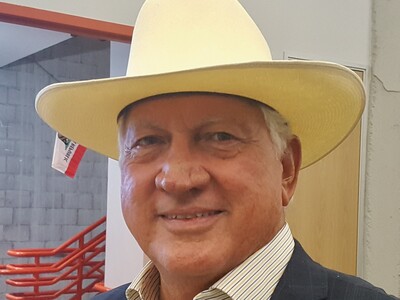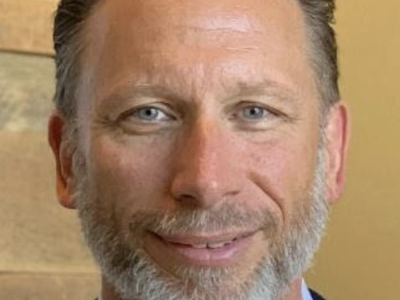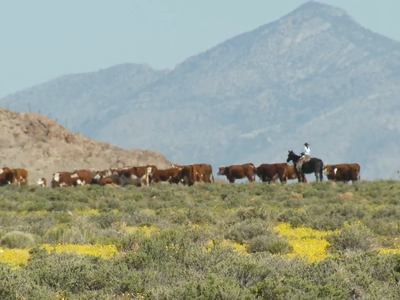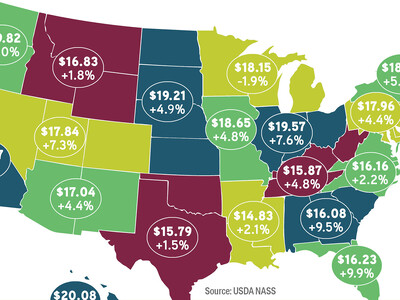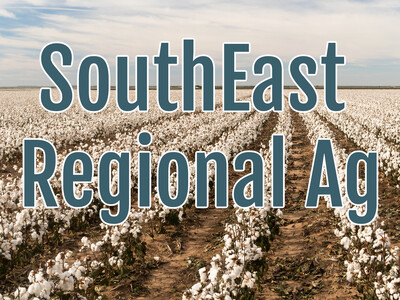Climate Change Developments
Climate Change Developments. I’m Greg Martin with today’s Line On Agriculture.
As the weather is cooling down, activity on climate change is heating up. Last week Senate Democrats introduced legislation to limit greenhouse gas emissions nationwide. And the Environmental Protection Agency announced it’s not waiting for Congress to act and is moving forward with new regulations of its own.
KRAUSE: Both the legislation and potential greenhouse gas regulation would have very significant impacts on the future of agriculture in the
American Farm Bureau Regulatory Specialist Rick Krause says both would cause big increases in energy prices. Agriculture is an energy-intensive industry and absorbing those costs would be rough. He says there is real concern that EPA’s move will lead to new regulations on emissions from farms and ranches.
KRAUSE: The clean air program would essentially require that over 90 percent of the livestock industry obtain permits in order to keep operating and those permits are very expensive, they’re very burdensome and most likely would drive a lot of livestock producers out of business.
A big part of the senate bill is a cap-and-trade system where big polluters that don’t cut their emissions to meet government limits - or caps – would pay others to cut their emissions instead. That’s the “trade” part. Agriculture could play a big role in that because trees absorb carbon. So if other industries pay farmers to plant trees, that could be profitable. But there’s a trade-off.
KRAUSE: If the price of carbon on the tradable market gets high enough it would make more sense for farmers and ranchers to plant trees on their property than to grow crops. If you reduce corn or soybeans or other types of commodities on these lands that creates a food shortage that has to be made up somewhere else and that is likely to be overseas.
Krause talks about a major concern about climate change legislation and regulations.
Krause: The Boxer-Kerry bill and the House climate bill would increase fuel, fertilizer and energy costs for farmers and ranchers across the board. By seeking to reduce the use of fossil fuels which both of these bills do, without having any energy source available to fill that gap will create an energy shortage in the
That’s today’s Line On Agriculture. I’m Greg Martin on the Northwest Ag Information Network.




